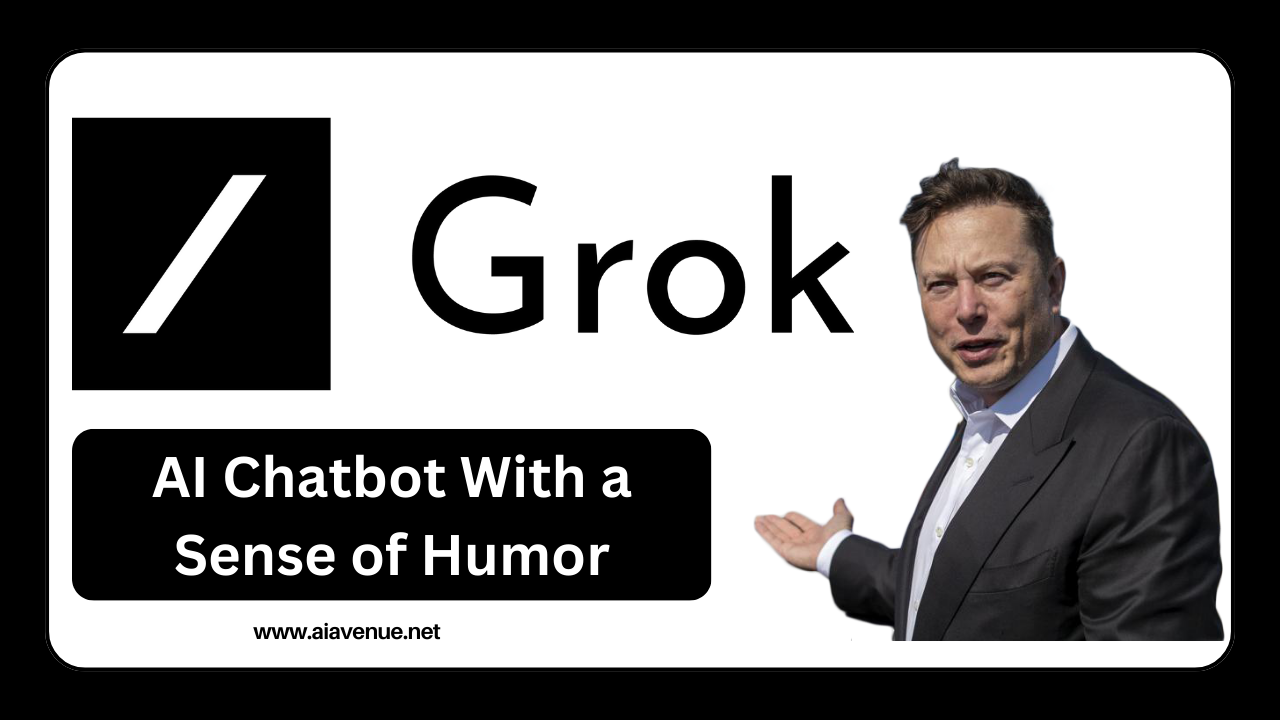In recent years, the field of artificial intelligence (AI) has seen unprecedented growth and innovation. From self-driving cars to virtual assistants, the applications of AI are numerous and varied. However, as AI becomes more pervasive in our lives, it raises important ethical questions about how we should use this technology. In this article, we’ll explore the intersection of technology and humanity and examine some of the key ethical issues surrounding AI.
One of the key ethical issues surrounding AI is privacy. As AI becomes more sophisticated, it has the ability to collect vast amounts of personal data about individuals. This data can be used to improve AI algorithms, but it can also be misused or abused. For example, facial recognition technology can be used to identify individuals without their consent, which raises serious questions about privacy and surveillance.
Another ethical issue related to AI is bias. AI systems are only as unbiased as the data they are trained on. If the data is biased, the AI system will be biased as well. This can lead to discriminatory outcomes, particularly in areas like hiring, lending, and criminal justice. It is important to address bias in AI systems to ensure that they are fair and just.
A third ethical issue related to AI is accountability. As AI becomes more autonomous and makes decisions on its own, it becomes more difficult to hold someone responsible for the outcomes. For example, if a self-driving car causes an accident, who is responsible? The manufacturer, the programmer, the user, or the AI system itself? It is important to establish clear lines of accountability for AI systems to ensure that they are used responsibly.
To navigate the ethical issues surrounding AI, it is important to establish clear ethical frameworks and guidelines. These frameworks should be based on the principles of transparency, accountability, and fairness. They should be designed to ensure that AI systems are used ethically and that their outcomes are fair and just.
In conclusion, the ethics of AI are complex and multifaceted. As AI becomes more pervasive in our lives, it is important to address the ethical issues surrounding it. By establishing clear ethical frameworks and guidelines, we can ensure that AI is used ethically and that its outcomes are fair and just.
Aiavenue





